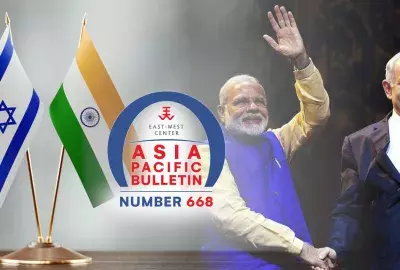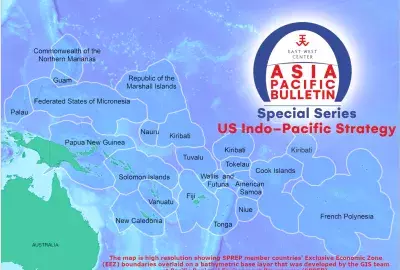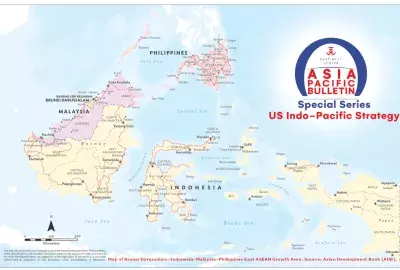Asia Pacific Bulletin
Asia Pacific Bulletin
From Bandung to Hindutva: How the Palestine Question Shows India’s Alternative Foreign Policy Futures
From Bandung to Hindutva: How the Palestine Question Shows India’s Alternative Foreign Policy Futures
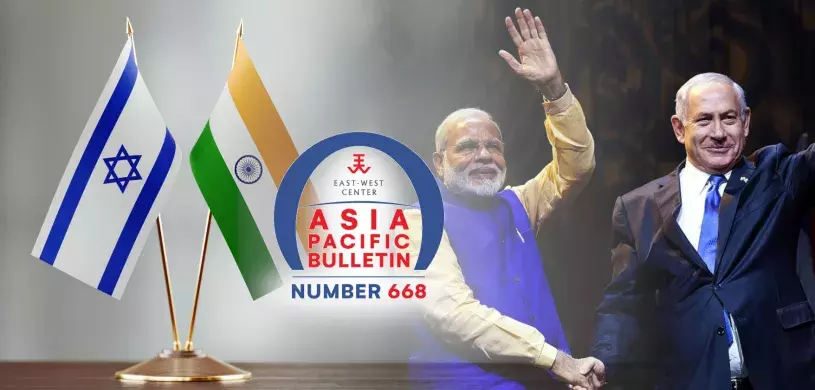
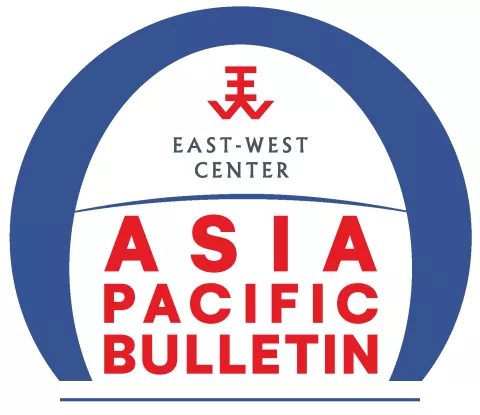
| Number 668 |
| Dr. Arjun Shankar, Assistant Professor of Culture and Politics in the School of Foreign Service at Georgetown University, explains how India's ethnonational discourse and abiding commitment to Global South solidarity are both products of the country's anti-colonial struggle but are now clashing in India's approach to the Palestine question. |
| for additional titles in the Asia Pacific Bulletin |
"Jawaharlal Nehru, India’s first Prime Minister and one of the primary conveners of Bandung, had held fast to a belief that the Palestine question was one aligned with the shared solidarity politics of anti-colonial struggle."
The views expressed are those of the author and do not necessarily reflect East-West Center policies or positions.

| Number 668 |
| Dr. Arjun Shankar, Assistant Professor of Culture and Politics in the School of Foreign Service at Georgetown University, explains how India's ethnonational discourse and abiding commitment to Global South solidarity are both products of the country's anti-colonial struggle but are now clashing in India's approach to the Palestine question. |
| for additional titles in the Asia Pacific Bulletin |
"Jawaharlal Nehru, India’s first Prime Minister and one of the primary conveners of Bandung, had held fast to a belief that the Palestine question was one aligned with the shared solidarity politics of anti-colonial struggle."
The views expressed are those of the author and do not necessarily reflect East-West Center policies or positions.





